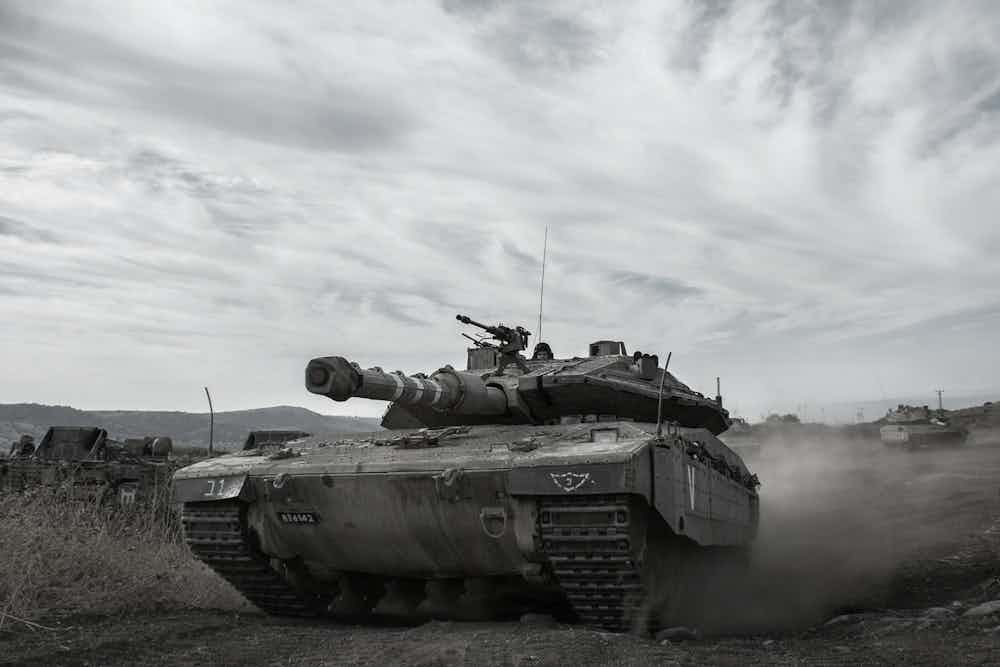
The broader Middle East increasingly recognizes the staggering cost Hamas and the Palestinians paid for the October 7 massacre. However, the Hamas leadership is now focused on shaping how the Gaza war is remembered.
If Hamas can remain in power as an armed force, even after absorbing massive blows, it will claim that it stood firm against Israel and emerged with strategic achievements, says Yossi Kuperwasser, a veteran intel officer and one of Israel’s leading strategic analysts.
Hamas leaders are counting on this narrative. This hope explains the current Hamas strategy, he says.
The group is doing everything it can to block the IDF’s advance toward a decisive military victory in Gaza. Specifically, it’s working to deter Israel from launching a full-scale ground offensive to seize what remains of Gaza City, where Hamas still retains significant control.
It does so by using civilians as human shields, pressuring them to remain in place despite Israeli evacuation calls. The resulting humanitarian toll is then weaponized to draw international condemnation of Israel and shift diplomatic momentum in Hamas’ favor.
Shatter Hamas perception
Meanwhile, Hamas continues to believe that Israel’s latest moves in Gaza are not a prelude to a final offensive, but rather a pressure tactic to secure a hostage deal.
According to Kuperwasser, this perception must be shattered.
To do so, Israel must follow through on its threats and initiate a ground operation that retakes the remaining Hamas-controlled districts of Gaza City, he wrote.
Only this will demonstrate that Israel is fully committed to removing Hamas from power by force.
A sustained Israeli assault could deepen internal rifts within Hamas, he says, especially between its leadership in Gaza and senior leaders abroad, raising new doubts about the cost of continued conflict.
Full Gaza takeover?
If military pressure ultimately fails to dislodge Hamas, says Kuperwasser, Israel must be prepared for the most difficult option: A full takeover of the Gaza Strip.
This may include the imposition of a temporary military government to ensure Hamas is not allowed to regroup or reconstitute its power.
Kuperwasser’s assessment is blunt but clear: Half-measures will not suffice. Allowing Hamas to survive as an armed actor in Gaza, even in a weakened state, will preserve its claim of “resistance” and sow the seeds of the next war.
The only way to ensure that October 7 is remembered in the Palestinian ethos not as a “brave stand” but as a disastrous error is to deprive Hamas of any victory narrative.


